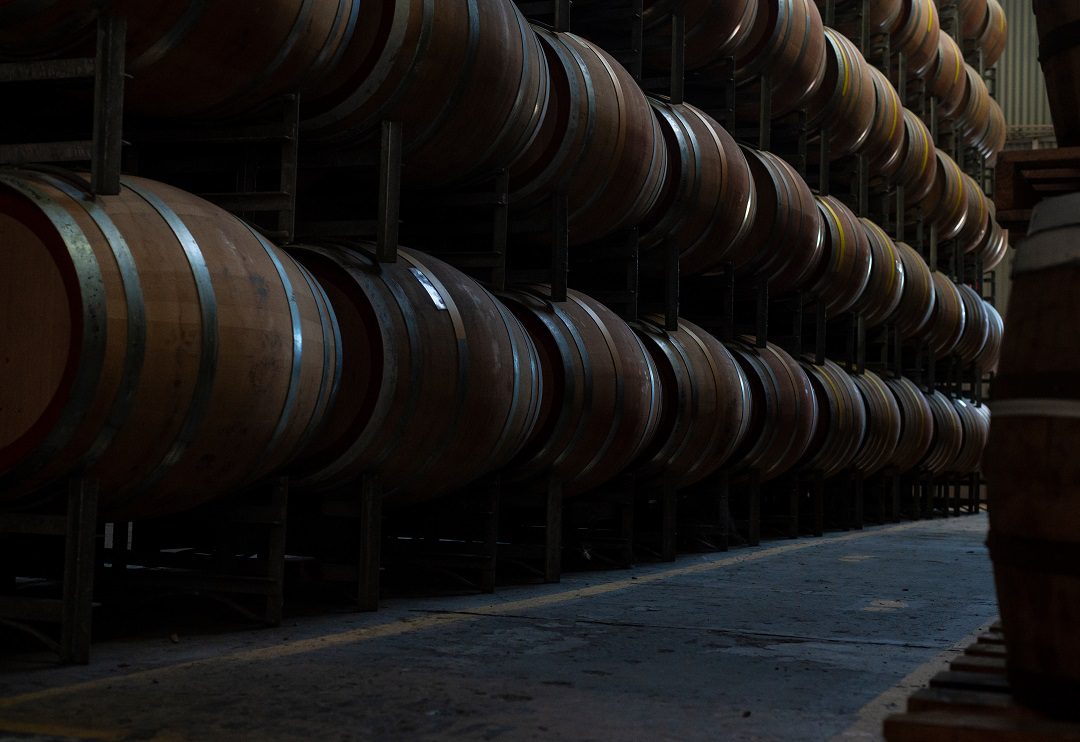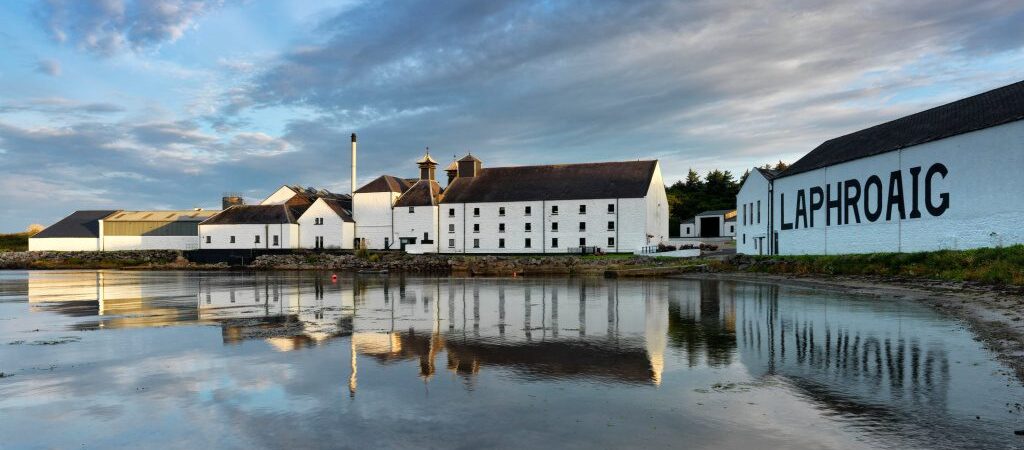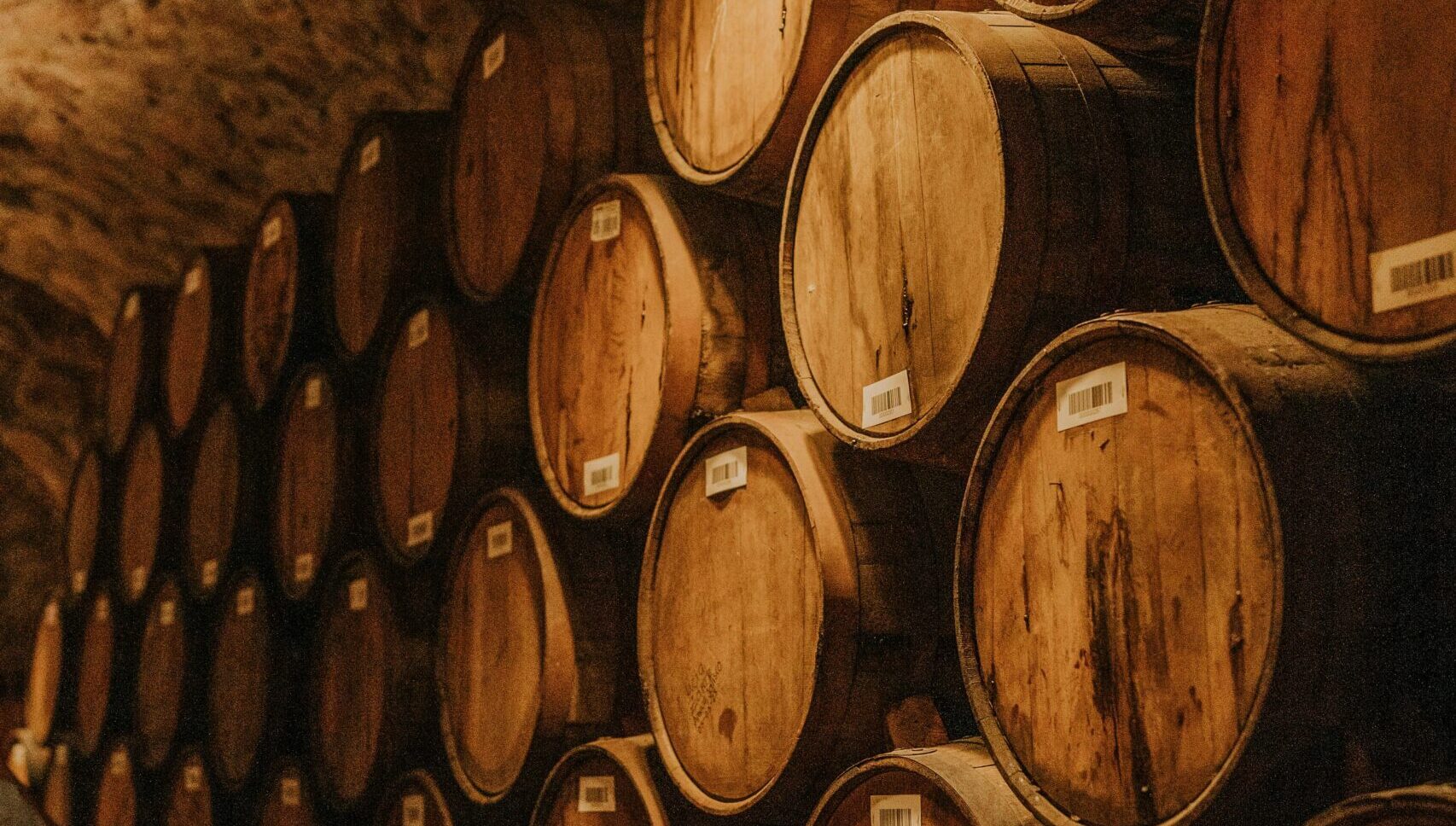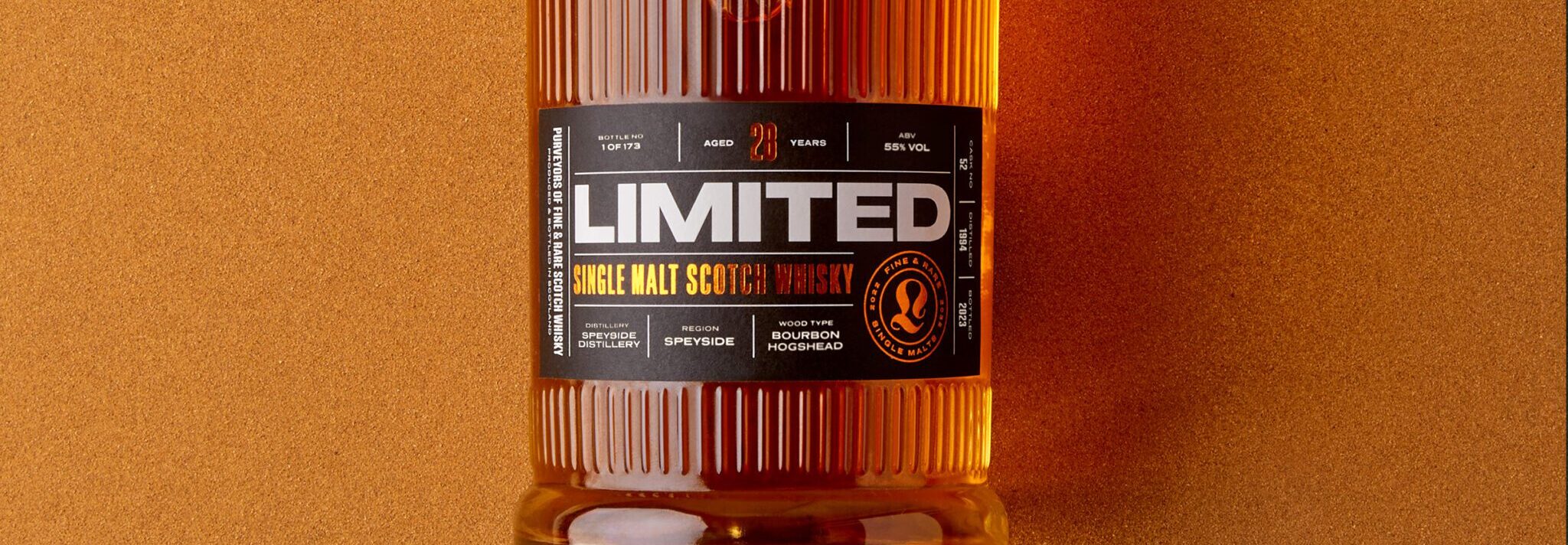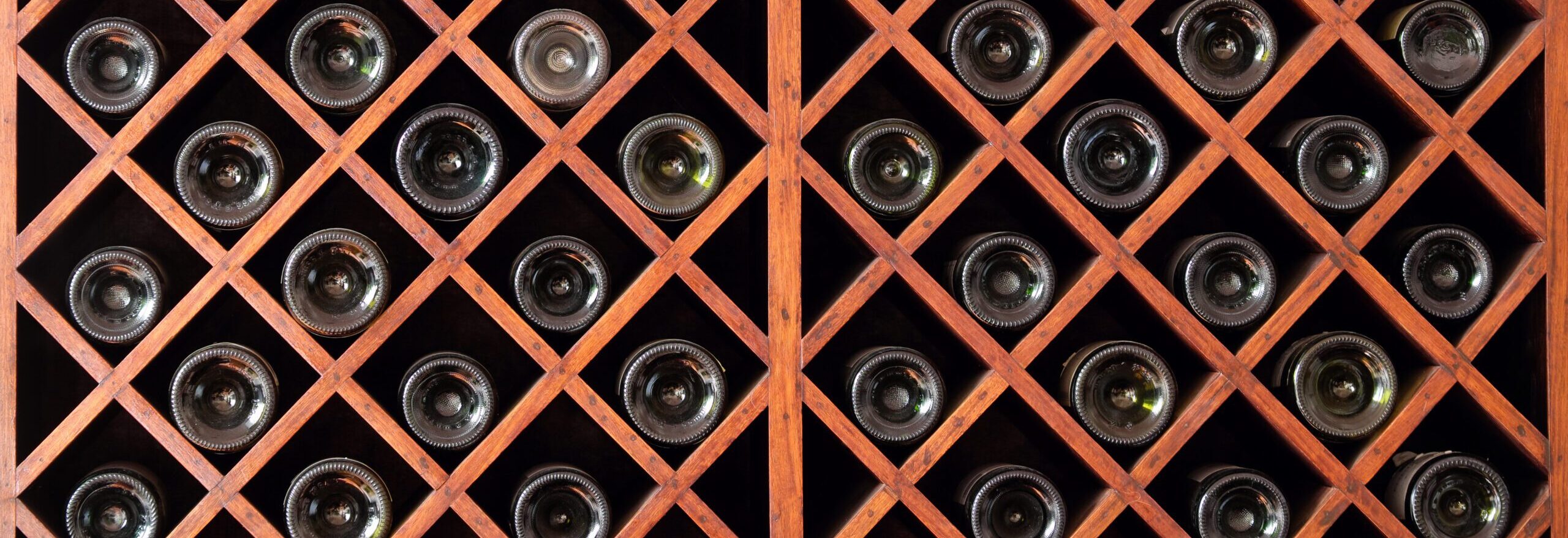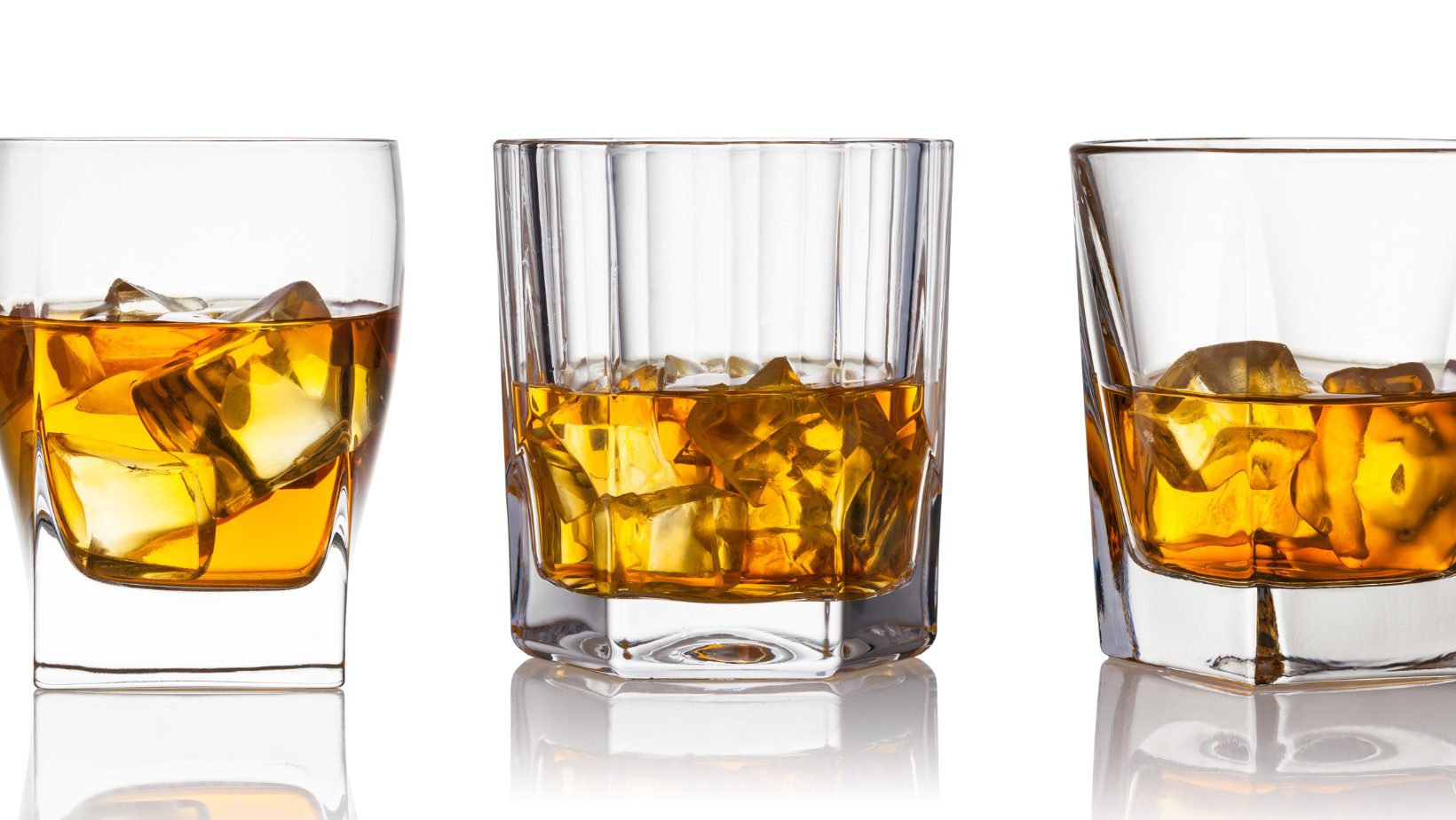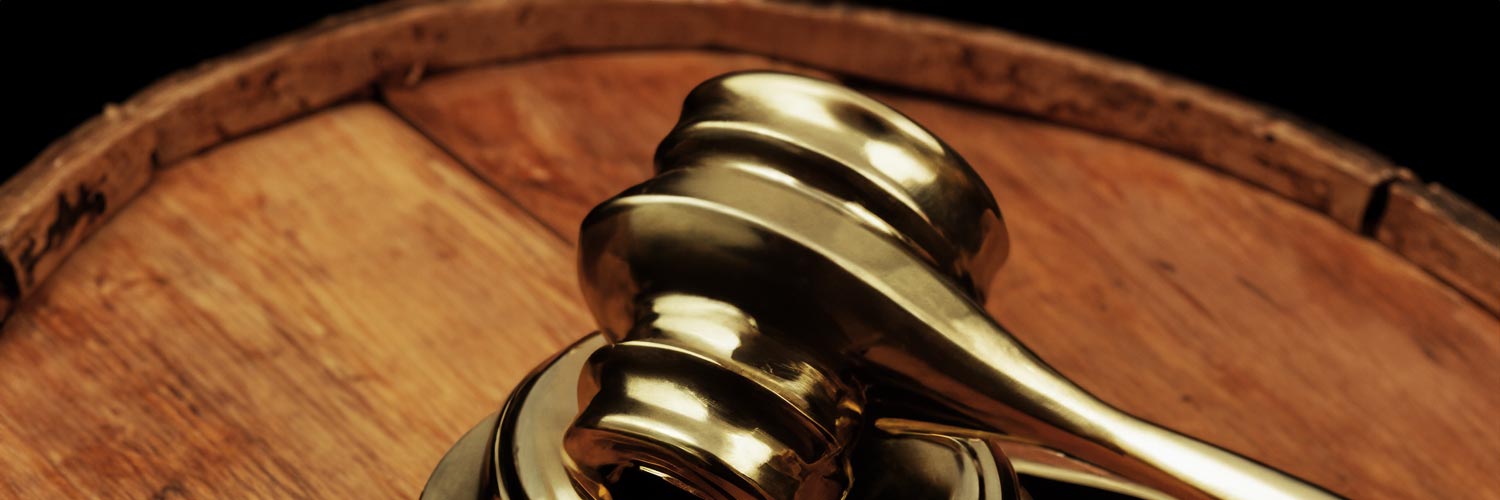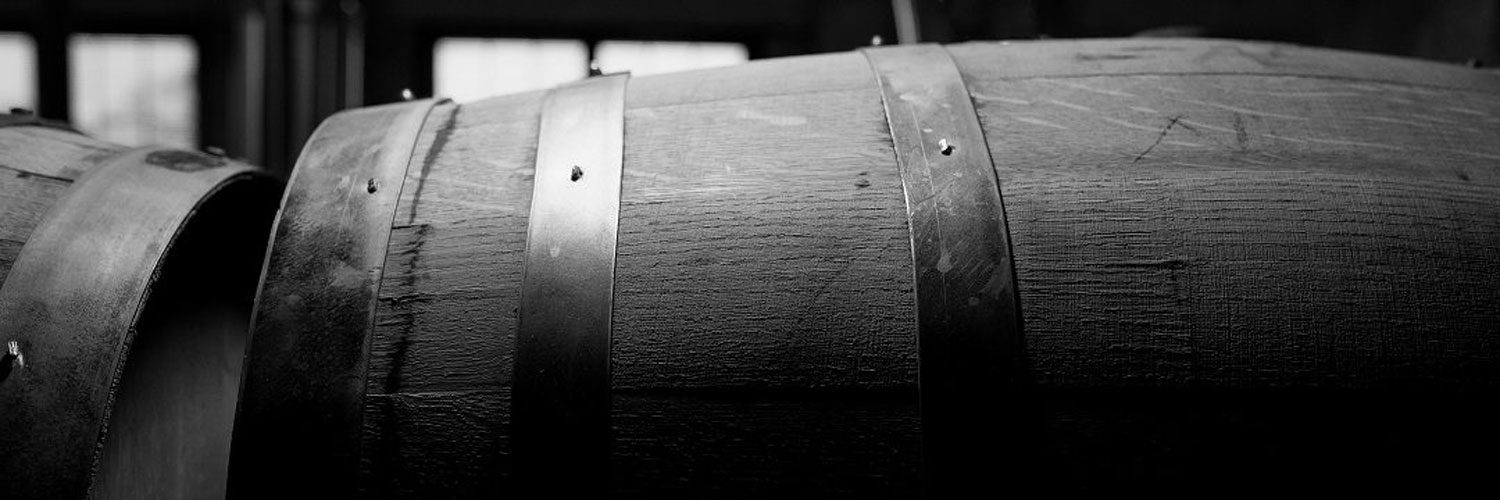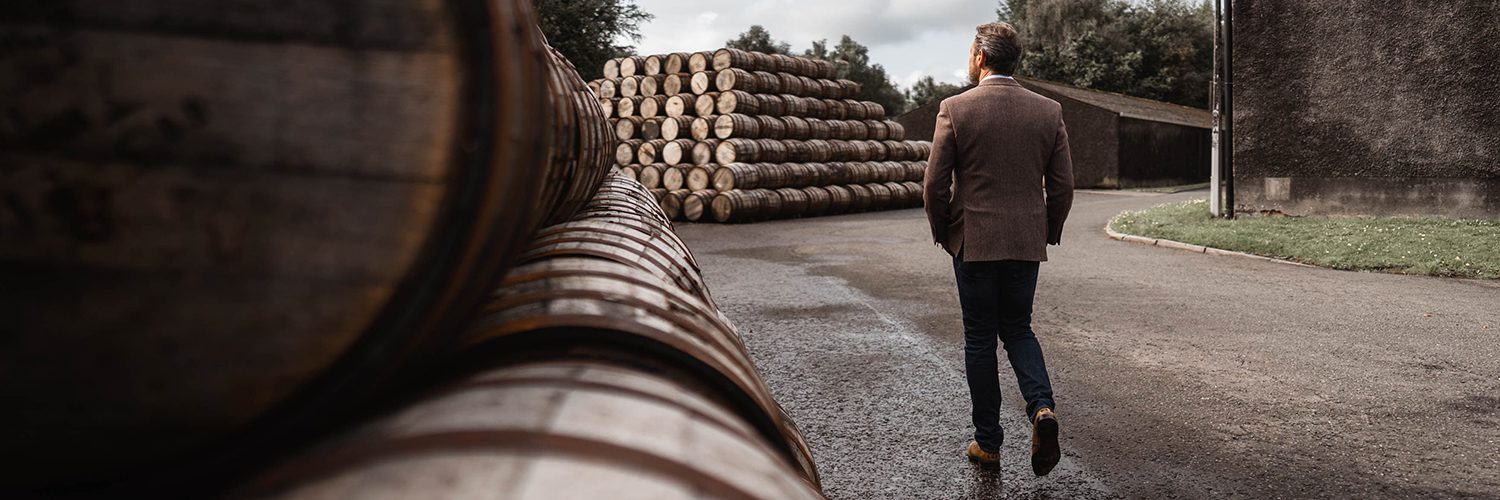As an alternative form of investments, alcohol is an ever-growing market thanks to the popularity of wines, with whiskies not far behind. But how do you get started?
They don’t call whisky liquid gold for no reason and while you maybe wouldn’t see a wee dram stored in a vault at Fort Knox, it can be worth millions at the right time. Auctions around the world have sold Scotch whisky at incredible sums, like the two 1926 Macallan special editions that went for £2m in 2018.
With wealthy investors from the Far East increasingly keen on buying the rarest and most prized Scotch whiskies, the market is exploding and experts are saying that the right collectable whiskies could be a better long-term bet than gold, wine or classic cars. And the numbers back that up, with the value of rare whisky up 40% in 2018, ahead of coins (12%), wine and art (both 9%) watches (5%), cars (2%) furniture (1%) and jewellery (-5%).
According to the Knight Frank index, rare whisky values have grown 582% over the last ten years. There’s even an index specially created for tracking whisky values by a consultancy called Rare Whisky 101 and their Rare Whisky Icon 100 Index has shown increases of 208% in value in the seven-year period they’re been tracking them.
Andy Simpson, co-founder of Rare Whisky 101, said: “The key to rare whisky’s sustained growth as an asset class is the passion buyers worldwide share for investing, collecting and occasionally drinking some of the best and rarest Scotch whisky ever made.”

 Learn
Learn
